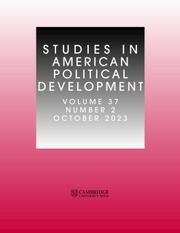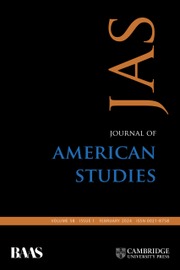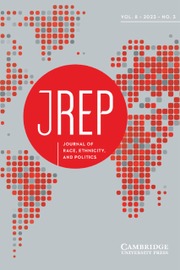Civil Religion and the Renewal of American Politics
American culture is evolving rapidly as a result of shifts in its religious landscape. American civil religion is robust enough to make room for new perspectives, as religious pluralism is foundational for democracy. Moreover, as Amy Black and Douglas L. Koopman argue, American religion and politics are indivisible. In this study, they interrogate three visions of American identity: Christian nationalism, strict secularism, and civil religion. Whereas the growth of Christian nationalism and strict secularism foster division and threaten consensus, by contrast, a dynamic, self-critical civil religion strengthens democracy. When civil religion makes room for robust religious pluralism to thrive, religious and nonreligious people can coexist peacefully in the public square. Integrating insights from political science, history, religious studies, and sociology, Black and Koopman trace the role of religion in American politics and culture, assess the current religious and political landscape, and offer insights into paths by which the United States might reach a new working consensus that strengthens democracy.
- Connects ideas from a wide range of disciplines: political science, history, religious studies, and sociology
- Follows a familiar typology for religious traditions, yet engages it in a new way, reviving old categories and showing how new developments fit into prior structures
- Offers a quantitatively sufficient and qualitatively balanced assessment of new religious and non-religious elements in American civil religion
Product details
September 2025Hardback
9781107197473
200 pages
229 × 152 mm
0.5kg
Not yet published - available from September 2025
Table of Contents
- 1. Introduction: civil religion and the necessity of pluralism
- Part I. Context:
- 2. Religion and political culture: connections and tensions
- 3. American religious influences: the first two centuries
- Part II. Religious Traditions:
- 4. Protestantism and its pervasive influence on civil religion
- 5. Catholics: from exclusion to inclusion
- 6. Minority religious movements: pluralism expanded
- 7. The religiously unaffiliated and seculars: a growing force
- Part III. Contemporary Divisions:
- 8. Sources of division in the American political culture
- 9. Religion's role in social healing
- 10. Alternative visions of national identity
- 11. Conclusion: divisible or indivisible?.










